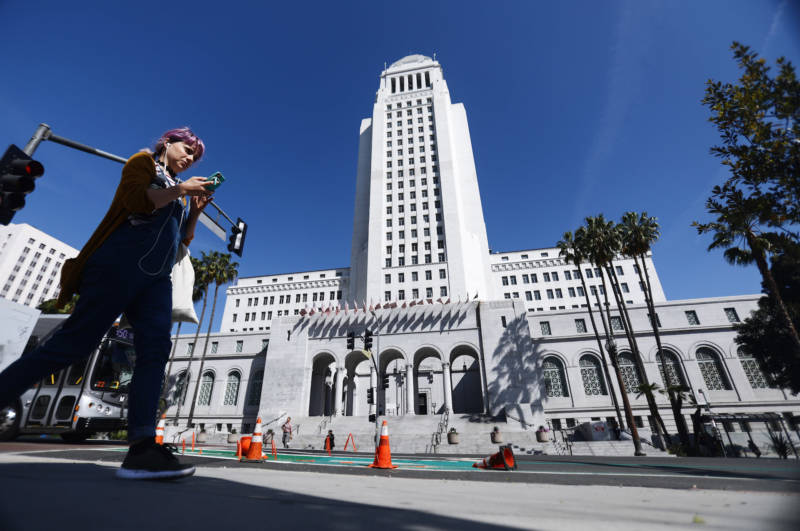NPR's Ari Shapiro speaks with Frank Shyong of the Los Angeles Times about how popular restaurants, and the clients they attract, are changing places like L.A.'s Chinatown.
In it, Shapiro asks the tough question: "Is there a way for well-intentioned people to bring investment and foot traffic to a neighborhood with a long history without trampling on that history?"

